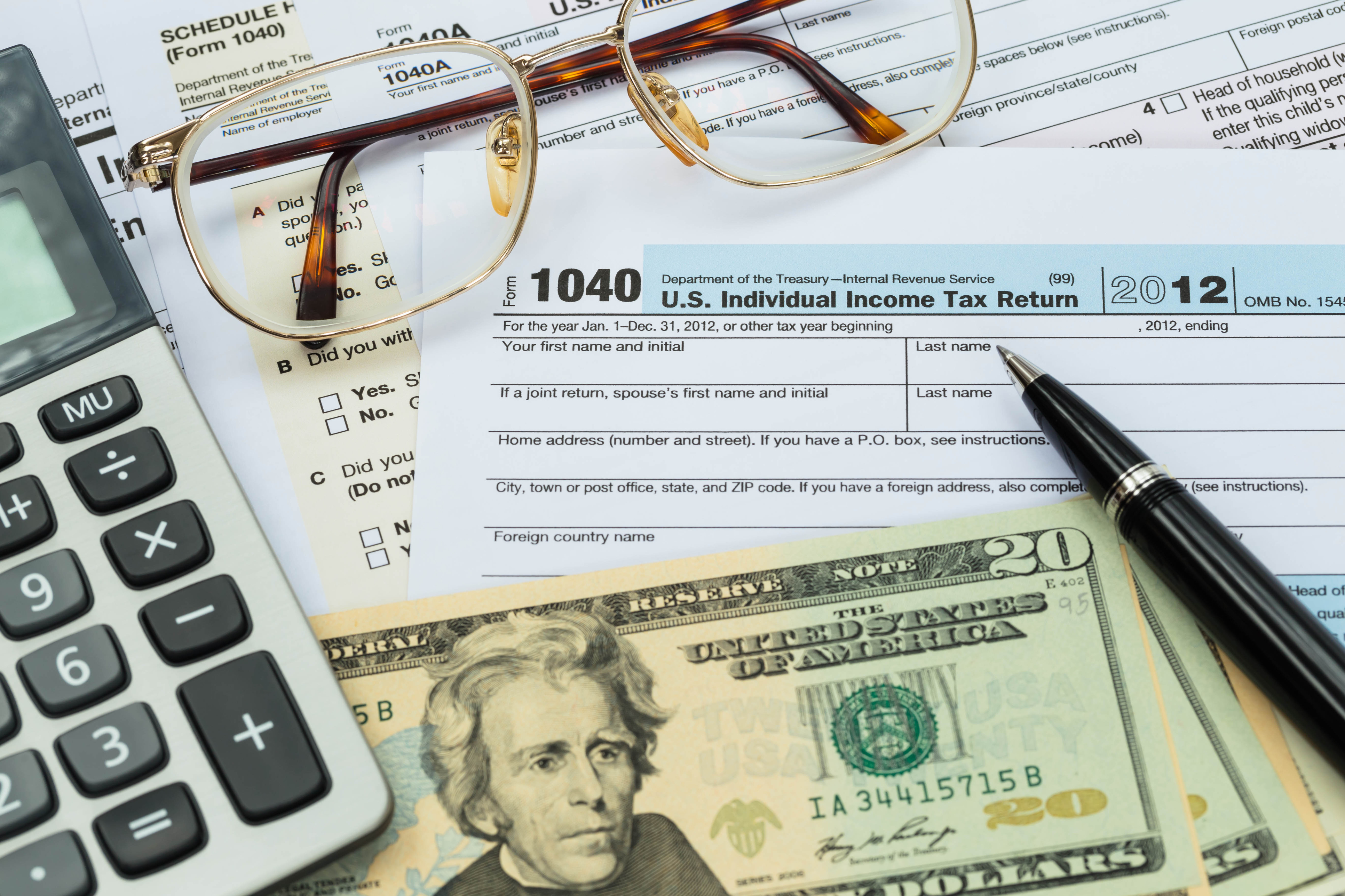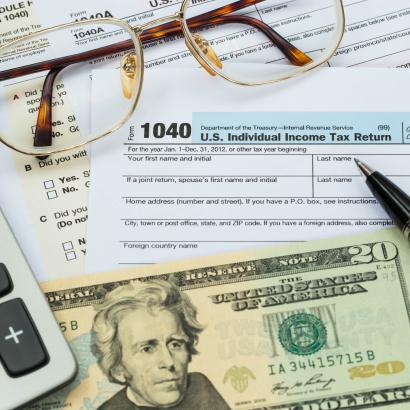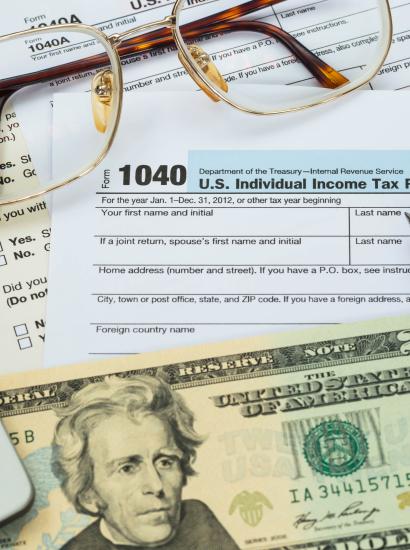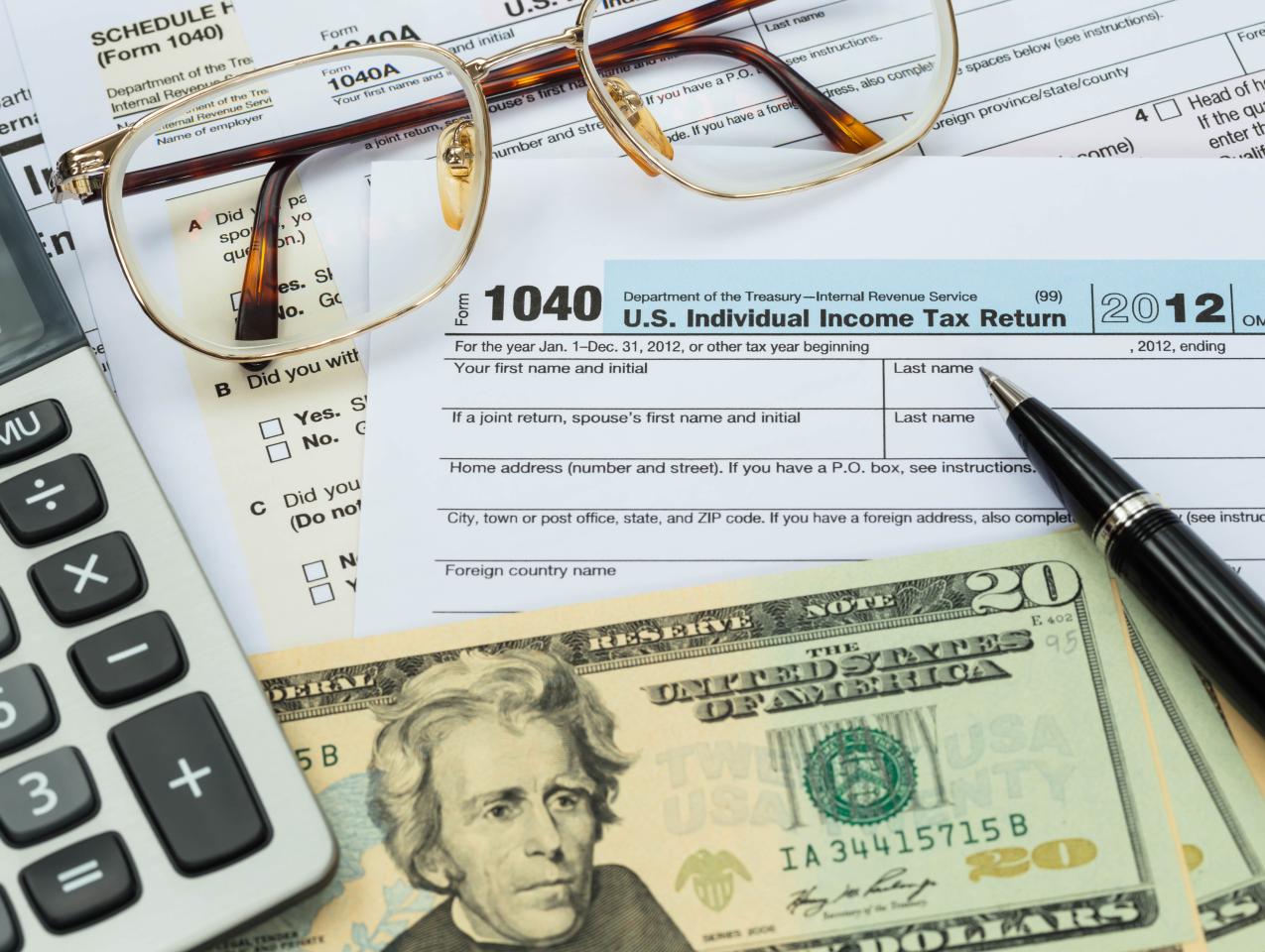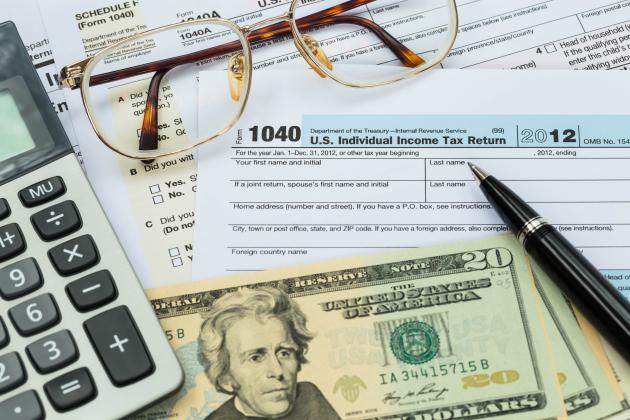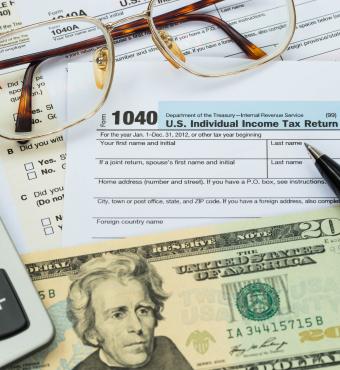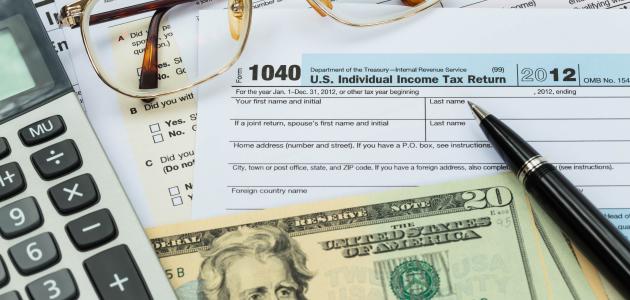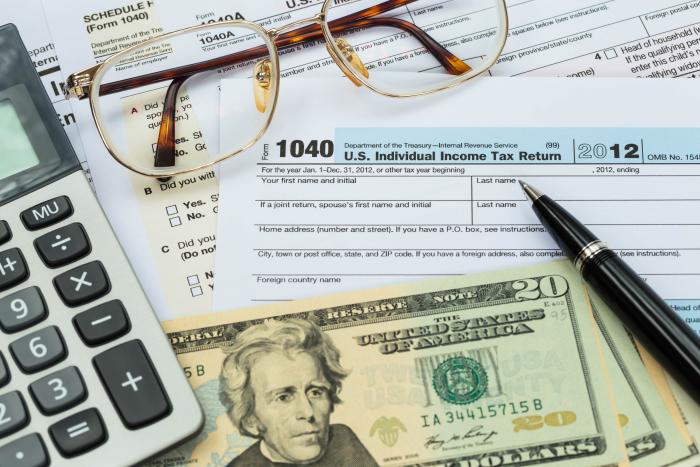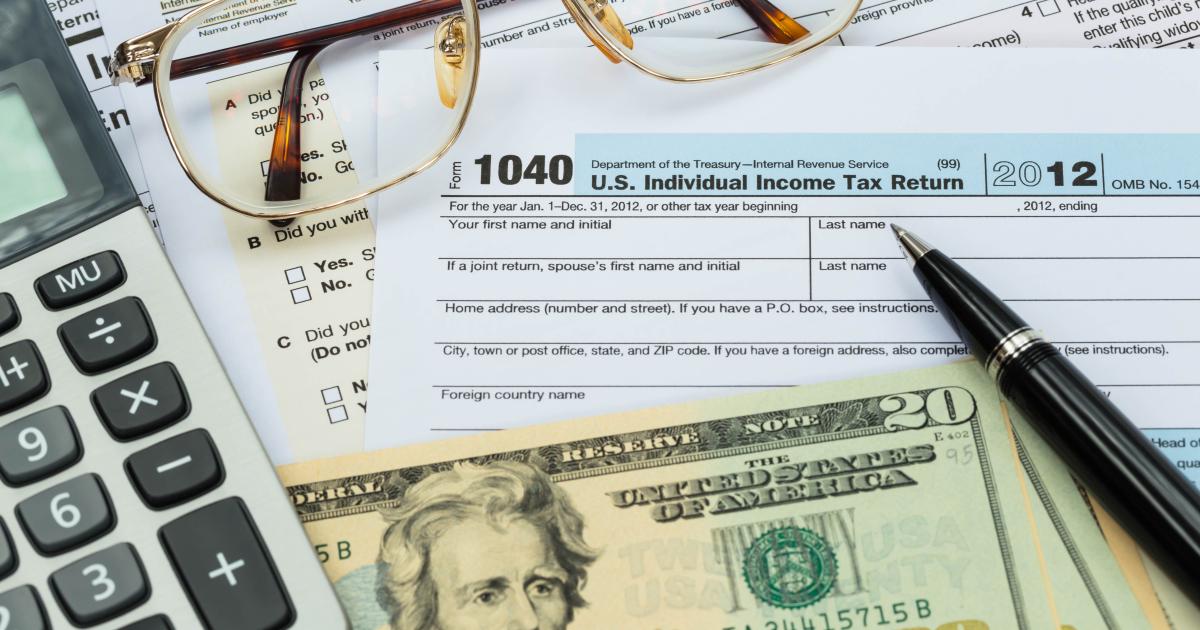- Economics
- Budget & Spending
- Politics, Institutions, and Public Opinion
- Campaigns & Elections
- State & Local
- California
Spoiler alert: there’s not much drama at the top of the California ballot this year.
On the morning after the November election, the Golden State is likely looking at another Democratic governor (it’s been 130 years since one Democrat succeed another) and a Democratic senator first sworn in not long before NBC announced that Cheers was going off the air (Sam Malone and his friends signed off on May 20, 1993; twenty-five years later, Dianne Feinstein is still going strong).
Looking for excitement in the other statewide races? Two contests hold interest—one as a branding exercise (former Insurance Commissioner Steve Poizner is trying to regain his old job as a Republican-turned-independent); the other, for Superintendent Public Instruction, is a challenge to the education status quo (labor groups are spending millions to fend off charter-school advocate Marshall Tuck).
As for state legislative races, the balance of power in not at stake. Democrats likely could walk away with two-thirds supermajorities in both the State Assembly and State Senate—a necessity if lawmakers decide to raise taxes to pay for, say, single-payer health care (in California, tax increases can only come about, legislatively, if two-thirds of members in both chambers agree to do so).
Ok, so there is drama at the congressional level, where any realistic chance of Nancy Pelosi regaining the Speaker’s gavel begins with a Democratic romp across California—picking up six seats currently occupied by House Republicans, most of them in the Orange County region. Should the Democrats control the House in 2019, nearly one in five seats in the majority caucus likely would be held by a California Democrat.
That takes us to November’s initiative slate—twelve measures in all. Some are classically “Cal-eccentric”: Proposition 7, for example, would start the ball rolling on permanent, year-round daylight savings time in the Golden State; Proposition 12 would ban the sale of meat and eggs from calves raised for veal, breeding pigs, and egg-laying hens in confined area (surprise: PETA is not on board).
However, there is something worth watching as initiative votes are counted: the potency of taxation as a means of driving voters to the polls.
Proposition 6, if approved, would repeal last year’s legislative increase of California’s gasoline tax. The argument pro and con has been fierce. And it’s seen as a prelude to another ballot tax fight in two years—an attempt to amend the fabled property-tax limiting Proposition 13, which was passed forty years ago in a California-centered taxpayer revolt that preceded the nationwide1980’s Reagan Revolution.
A funny thing about California’s twelve ballot initiatives: not a one seriously shakes up the nation-state’s political status quo or delves into what passes for the scarlet letter in Sacramento—and that would be “R” as in “Reform.”
One initiative would have done exactly that—challenge the powers-that-be. Proposition 9 proposed the transformation of California into three smaller states of parallel size.
It was struck from the ballot by California’s State Supreme Court (the justices unanimously decided to do so because, in their words, “significant questions have been raised regarding the proposition’s validity and because we conclude that the potential harm in permitting the measure to remain on the ballot outweighs the potential harm in delaying the proposition to a future election.”)
Thus California will emerge from the November election in much the same condition it was preceding the vote:
In this edition of Eureka, we explore the taxation and reform aspects of this election. That includes the following:
- Separate essays for and against Proposition 6, by the ballot measure’s opposing sides. For California voters: a choice between the promise of lower taxes or the promise of infrastructure improvements.
- Tim Draper, the Silicon venture capitalist who crafted Proposition 9 (and before that, an initiative that would have divided California into six parts), discusses what compelled him to venture into the hostile realm of political reform.
- Dan Schnur, a professor at the University of Southern California’s Annenberg School of Communications and a past chair of California’s watchdog Fair Political Practices Commission, offers his prescription for what ails California elections.
We hope you enjoy this latest installment of Eureka—and that it gets you thinking about where California stands and whether we’re moving in the right direction.
And don’t forget to vote!







